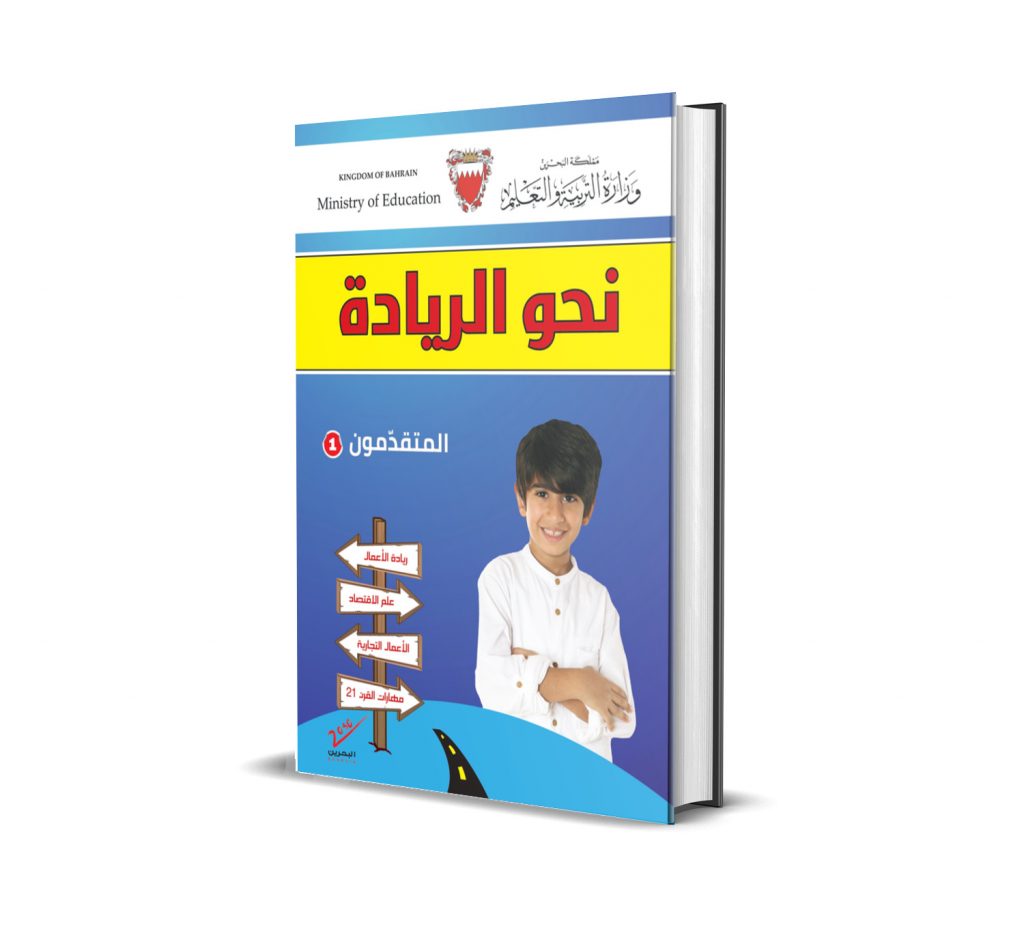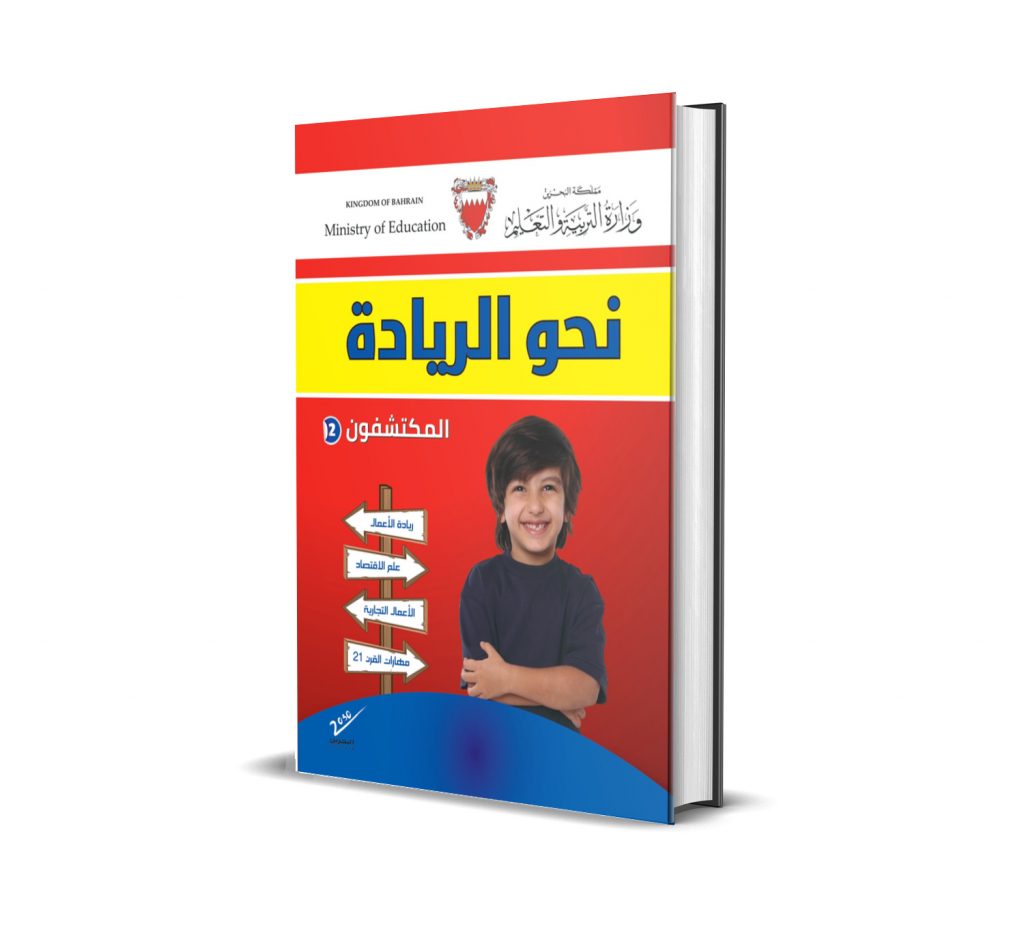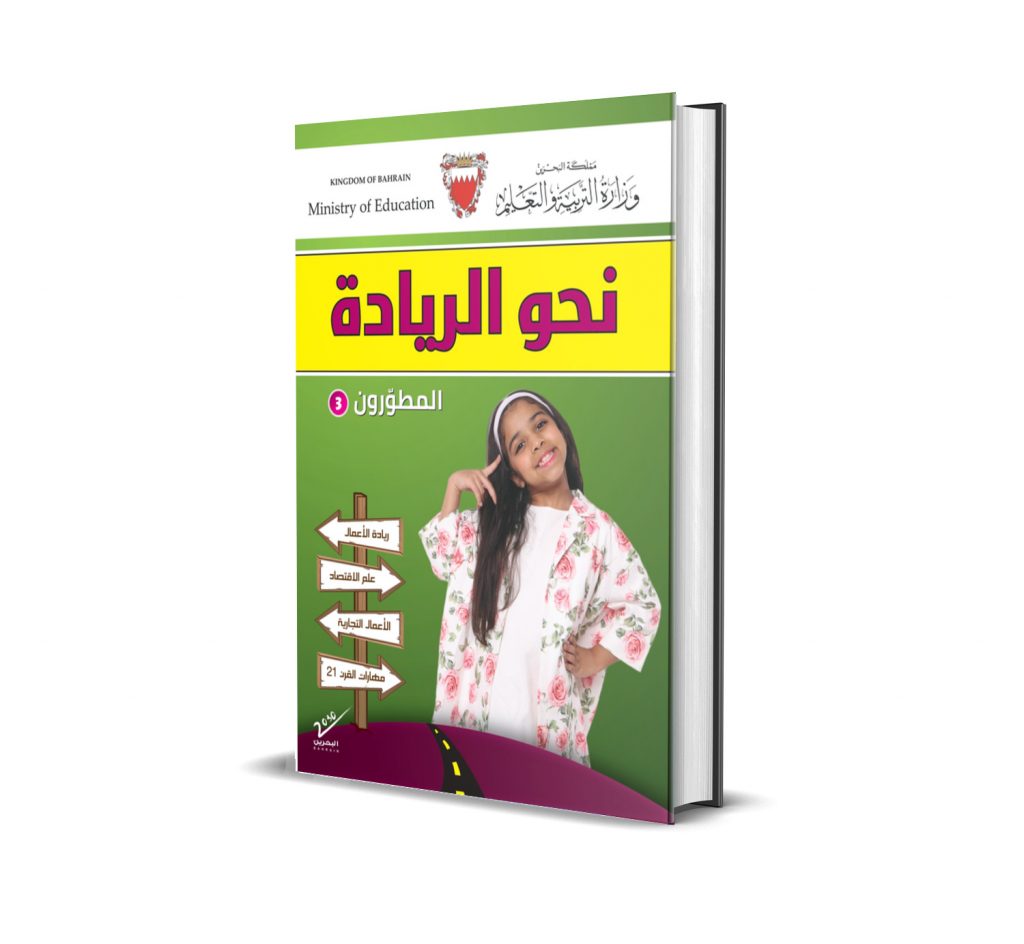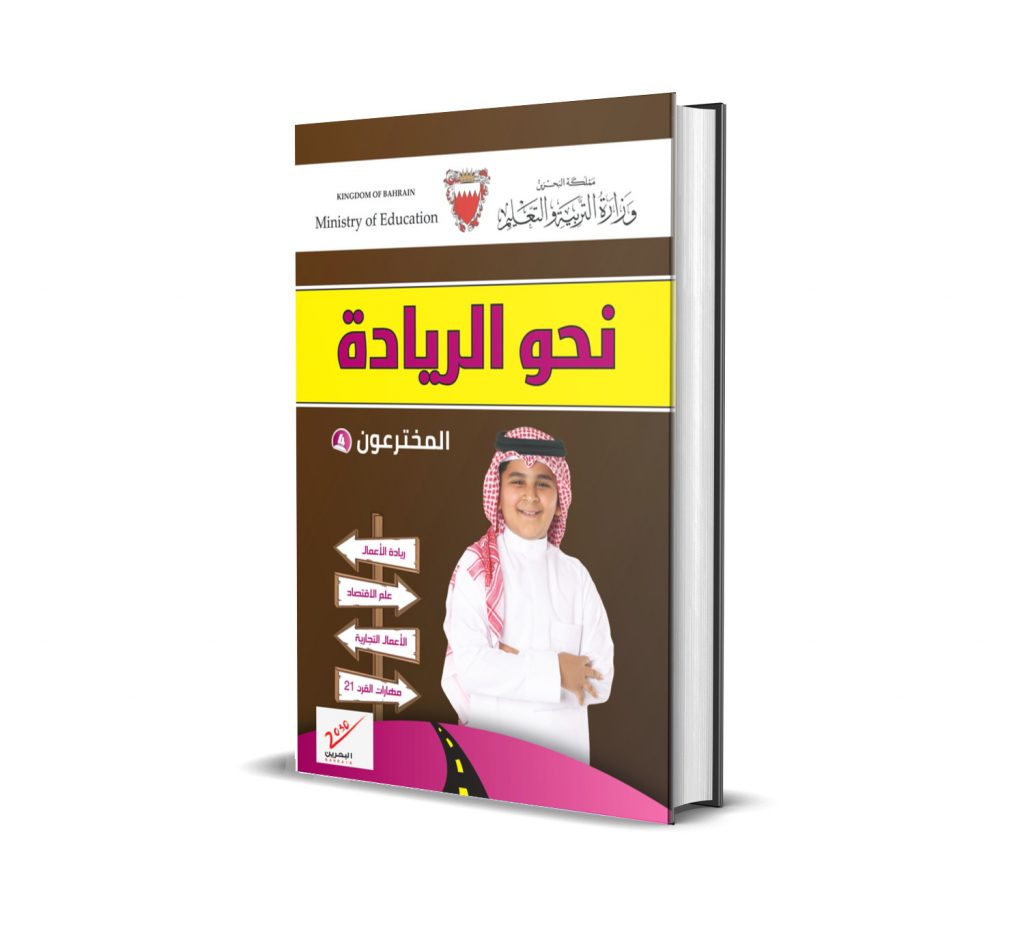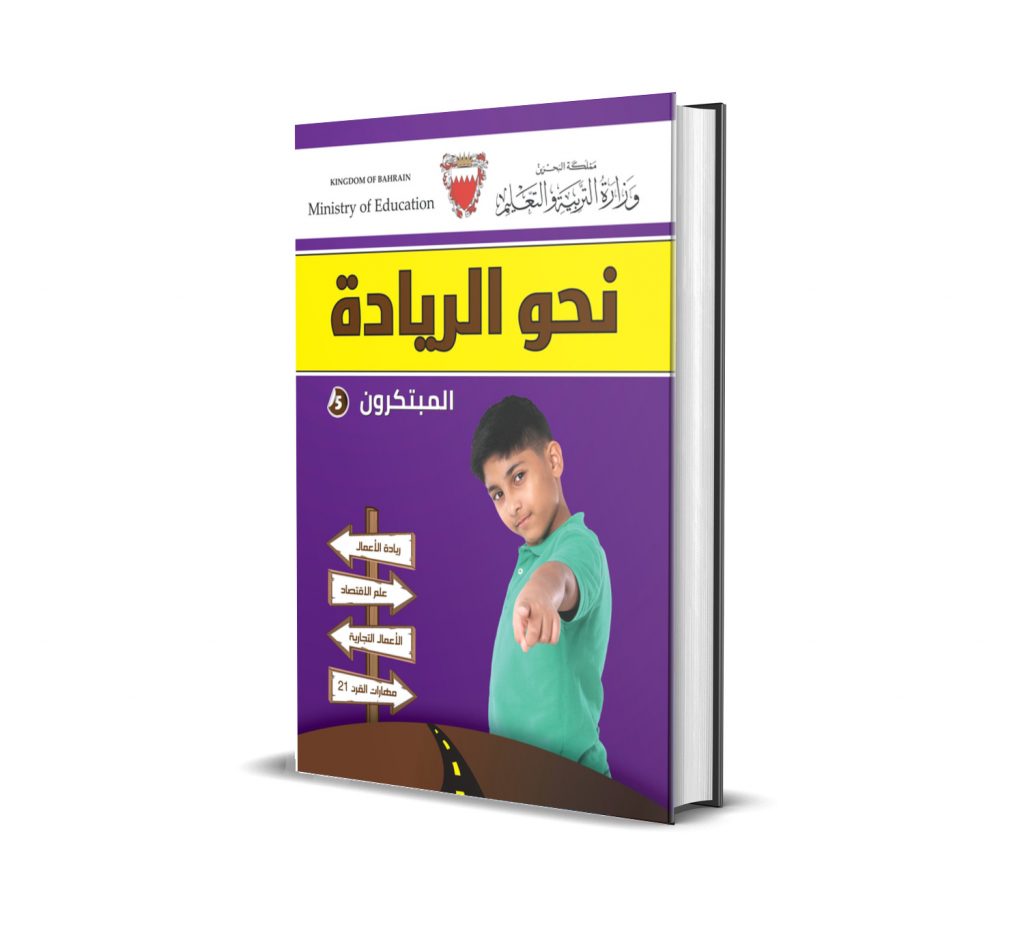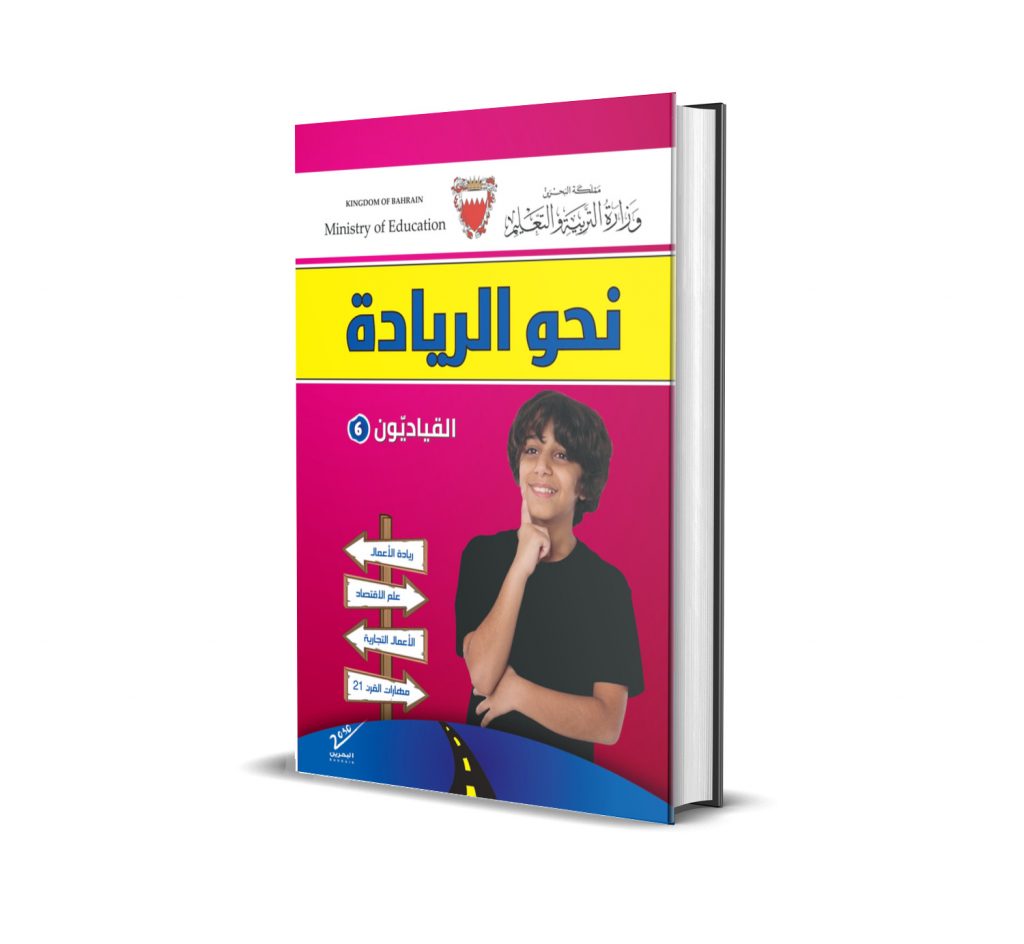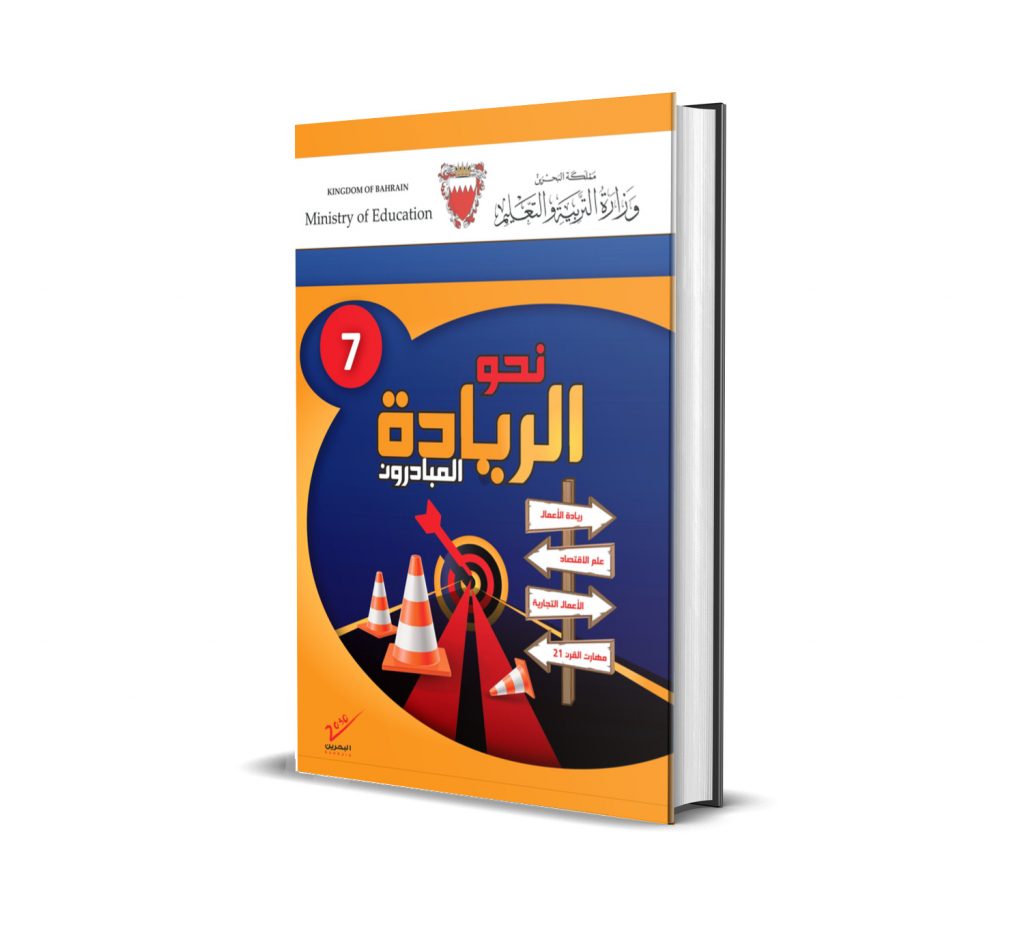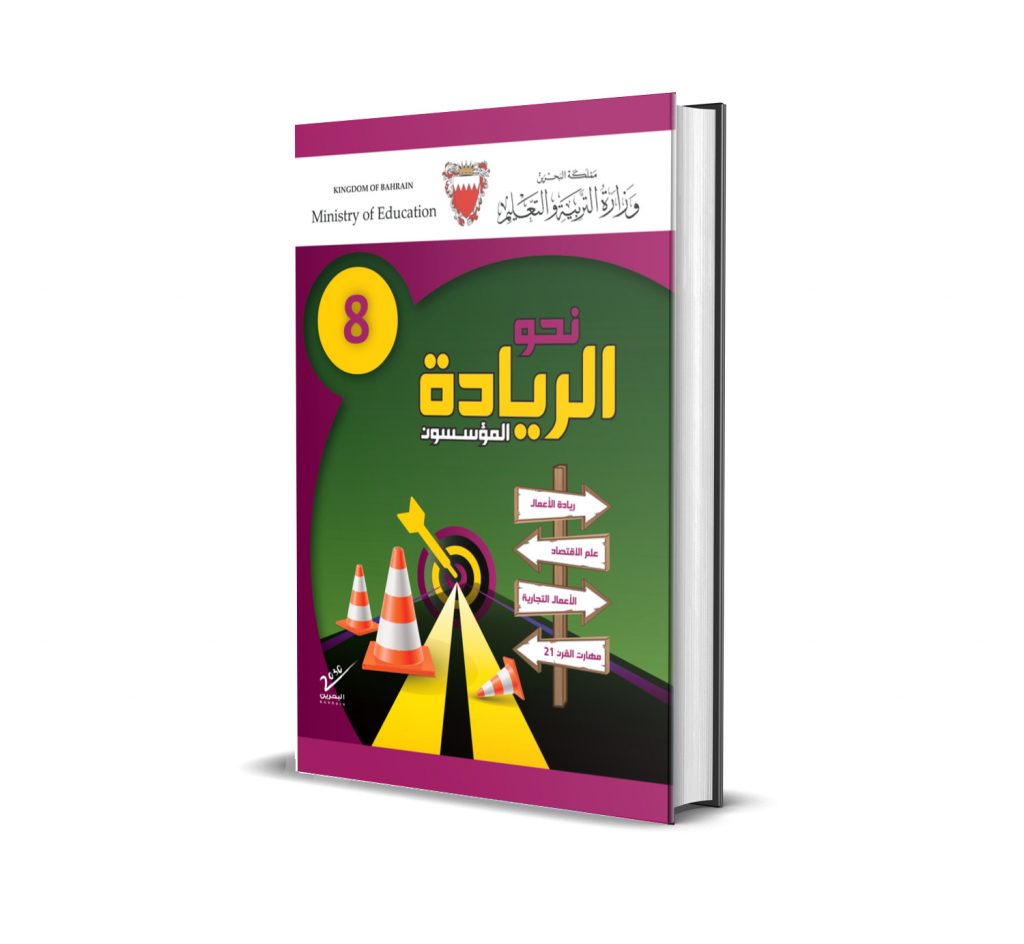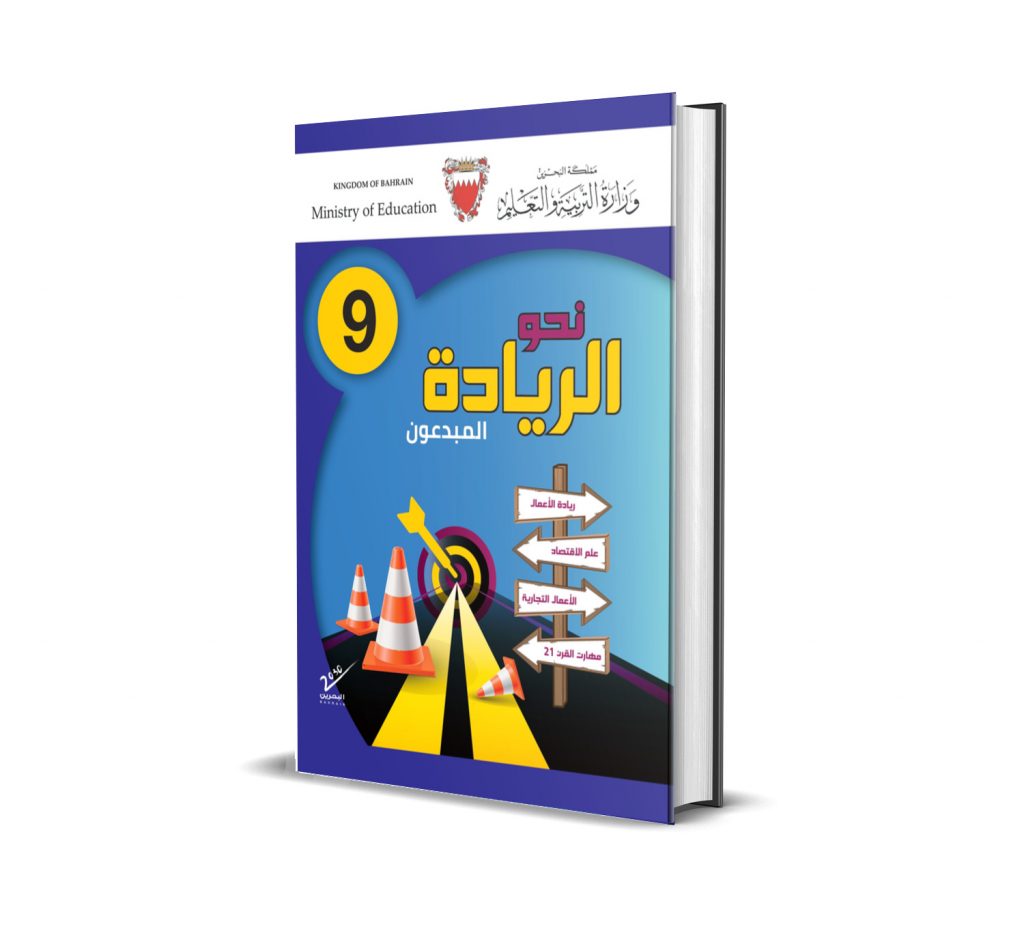جانب من برنامج التدريب لمعلمي البحرين حول منهج «نحو الريادة»، بهدف تمكين المعلمين وتطوير ممارسات تعليمية تعزز القيادة، المبادرة،
وبناء المهارات المستقبلية داخل الصفوف الدراسية.
A glimpse of the training program for teachers in Bahrain on the “نحو الريادة”curriculum, aimed at empowering educators and enhancing teaching practices that foster leadership, initiative, and future-ready skills in the classroom.
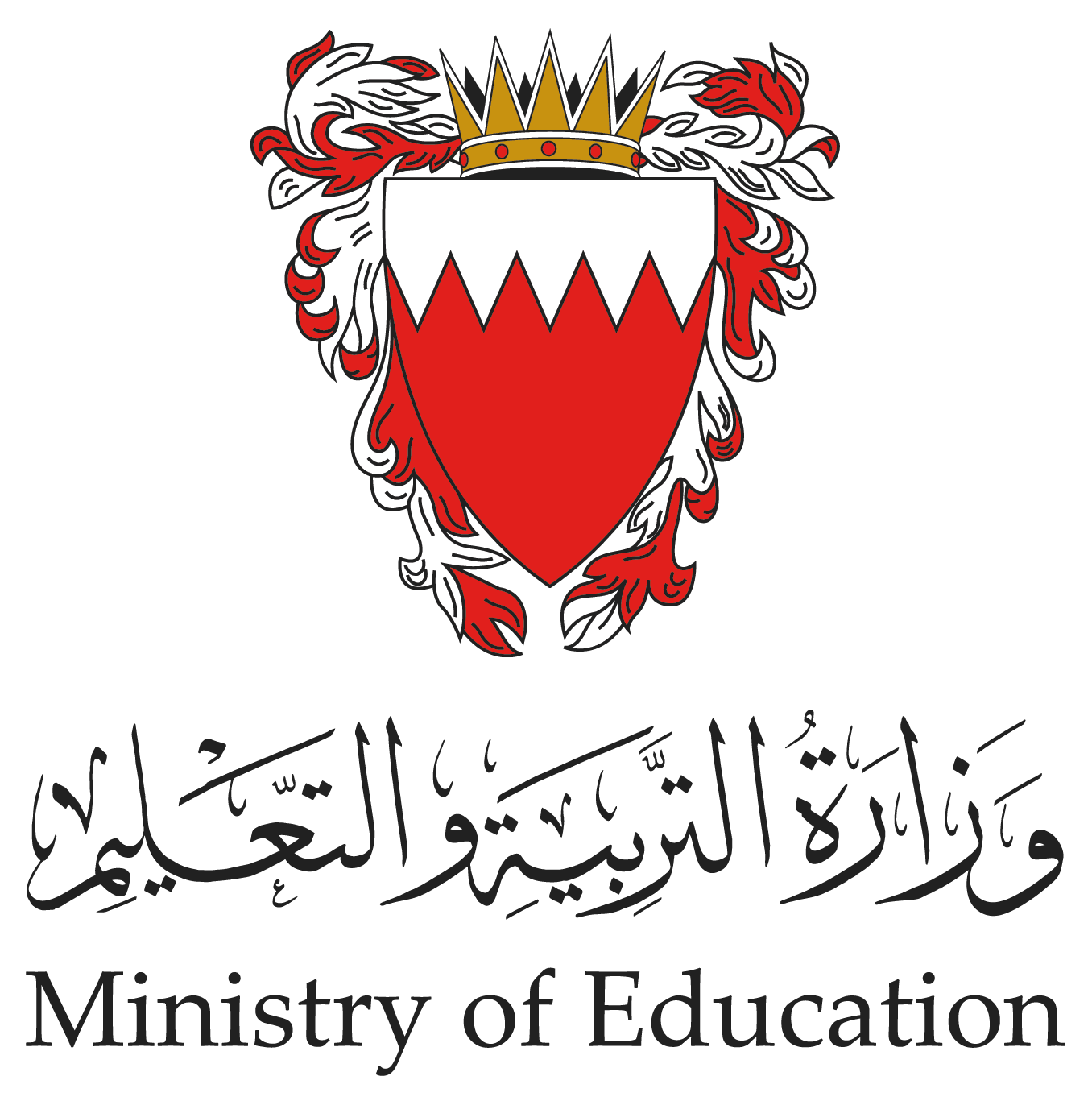
The Company’s Expertise in Curriculum Development with the Ministry of Education – Kingdom of Bahrain
Project Overview
The company Tasneem for Curriculum Development, in partnership with its exclusive representative in Bahrain and in collaboration with Al-Ilmiyah Company, undertook a groundbreaking project to develop innovative educational materials for the Ministry of Education in the Kingdom of Bahrain. These materials are designed to meet the needs of 21st-century learners, focusing on critical thinking, problem-solving, and project-based learning (PBL). The project included creating an Arabic curriculum that aligns with Bahrain’s Vision 2030, emphasizing academic and practical competencies for students.
Key Project Features:
- Comprehensive and Diverse Content: The books cater to all educational levels with rich, tailored material.
- Educational Innovation: Modern teaching methods such as PBL and applied examples were integrated.
- Alignment with Global Standards: International educational standards were followed to ensure quality and effectiveness.
- Government Collaboration: Close coordination with the Ministry of Education ensured the project met national goals.
Unique Elements of the Project:
- Integration with National Development Goals: The curriculum supports Bahrain’s strategic objectives for education reform.
- Localized and Contextualized Content: Topics and examples were adapted to reflect Bahrain’s cultural and educational needs.
- Flexible Design: Content is easily updatable to adapt to rapid changes in education.
- Ease of Implementation: Designed for seamless application with minimal teacher training.
- Assessment and Feedback: Tools were incorporated for regular student performance evaluation.
- Teacher Training and Support: Comprehensive training workshops were provided, along with detailed instructional guides.
Alignment with Vision 2030:
The project directly supports Bahrain’s Vision 2030 by linking curriculum goals with national strategies, embedding essential skills like critical thinking, entrepreneurship, and innovation, and offering blended and digital learning resources for a future-ready education system.
Work Phases:
- Planning and Analysis: Conducting needs assessments with the Ministry to align the curriculum with Vision 2030.
- Development: Authoring content rich in economic and entrepreneurial concepts, integrating modern teaching strategies, and ensuring cultural relevance.
- Design: Producing drafts with interactive activities, followed by Ministry approvals and technical enhancements for digital and print versions.
- Review and Quality Assurance: Pilot testing, gathering feedback, and refining the final curriculum for official adoption.
- Production, Training, and Launch: Training teachers, monitoring implementation, and officially rolling out the curriculum in public schools.
Impact and Outcomes:
- Official Adoption: The curriculum was approved as part of Bahrain’s official educational framework.
- Student Competency Development: Enhanced critical thinking, entrepreneurial skills, and workforce readiness.
- Educational Partnerships: Strengthened collaboration between the government and curriculum developers to meet modern educational demands.
- Scalable Model: The curriculum serves as a benchmark for similar initiatives in other regions.
This successful initiative showcases a strategic approach to curriculum innovation, offering a robust model for aligning educational content with national visions and global standards.
